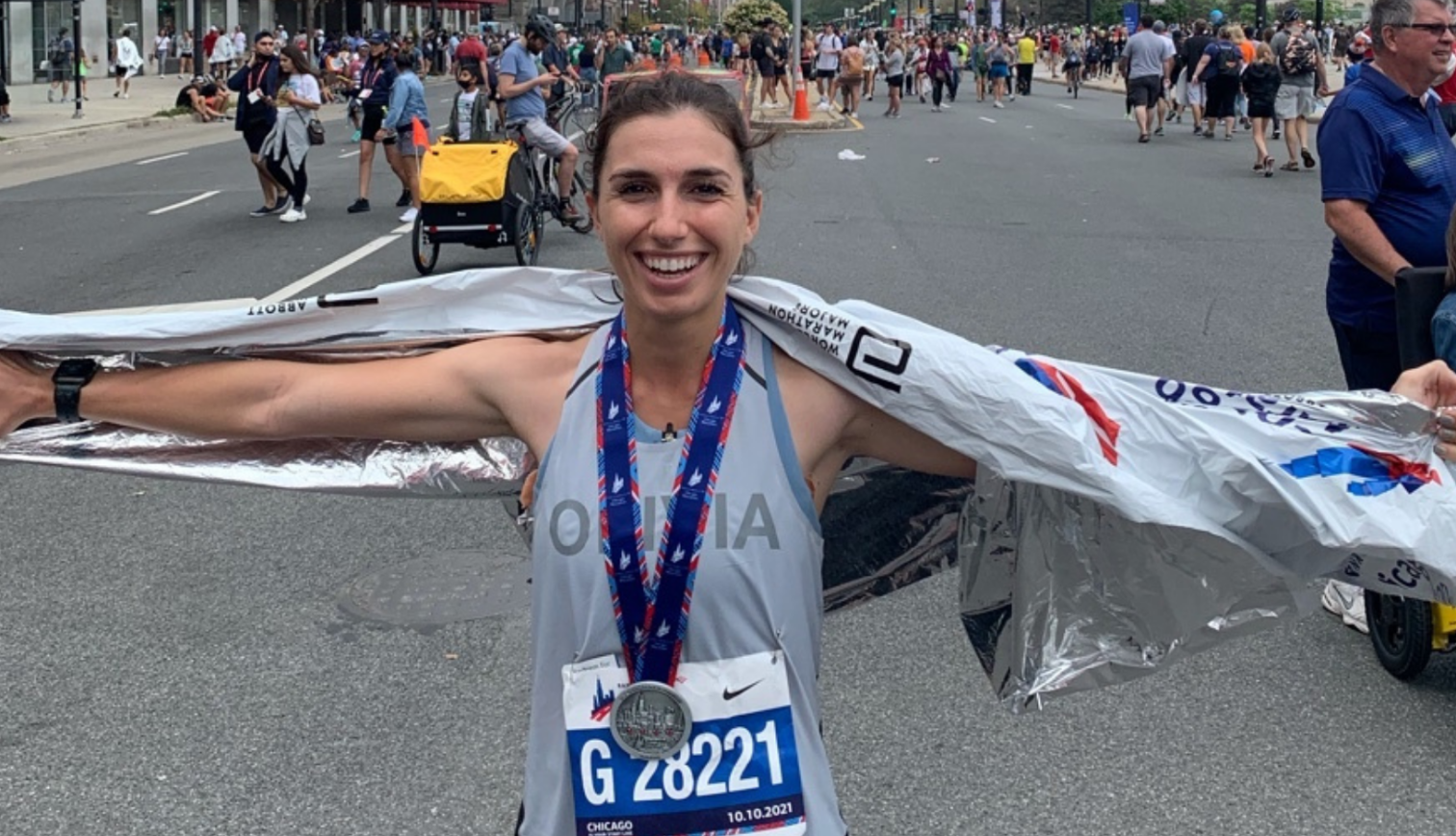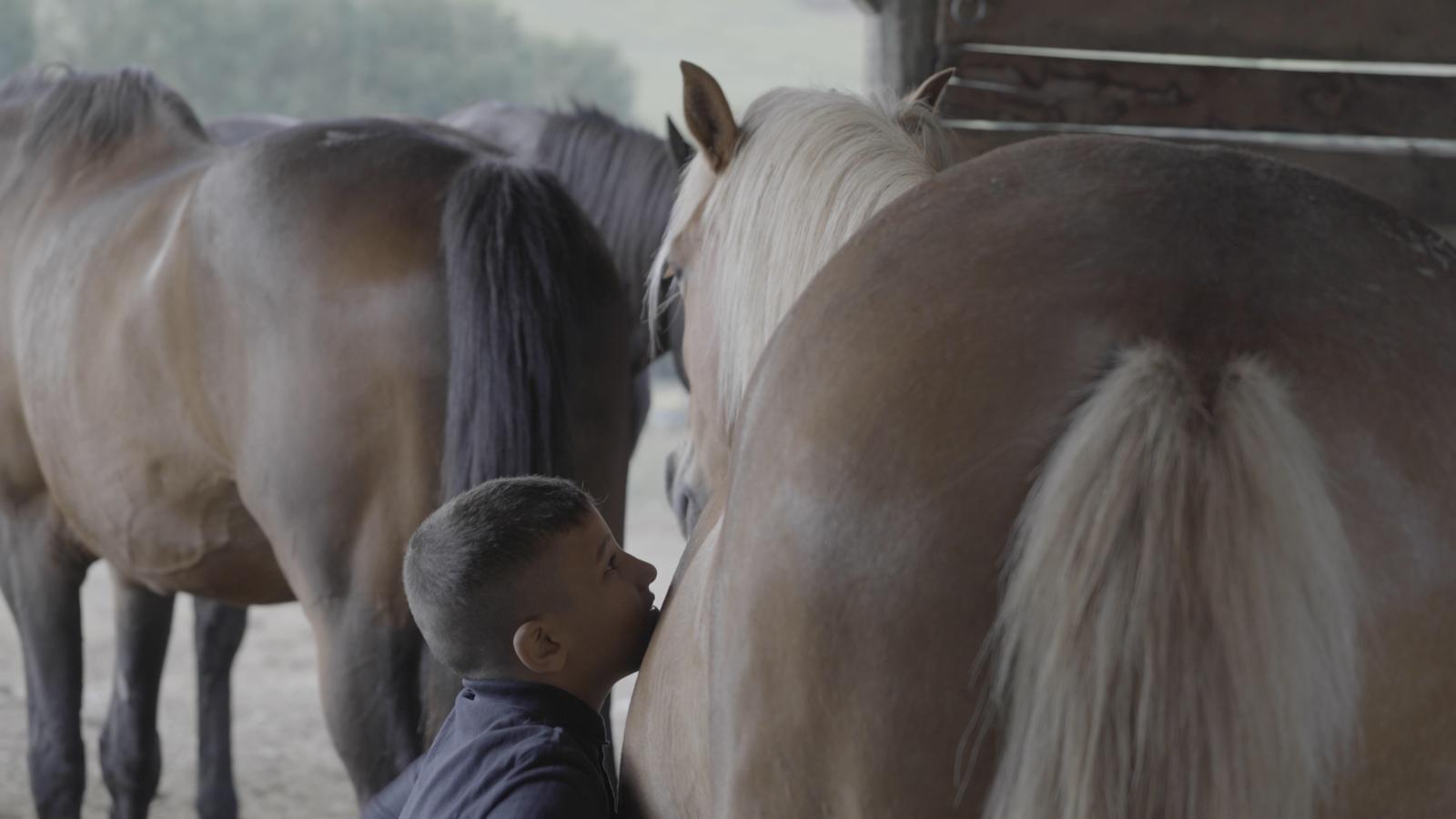
After 7 years of studies in field of nutrition and sport, Olivia Minicucci, Horse Pilot ambassador, gives us her advices as a dietitian registered.
What are the different nutritional needs of an athlete?
Athletes have different macronutrients (protein, fats, carbs) macro-nutrient requirements different from people who do not practice sports regularly or at a high level. Carbohydrates are what supply the body with a usable form of energy to help power their muscles during exercise. Protein, on the other hand, helps rebuild tissue after exercise which is especially important for both strength and injury prevention.
Finally, healthy fats are necessary for brain function and help the absorption of certain vitamins. Depending on the intensity, duration, and type of exercise, the distribution of these macronutrients ultimately changes.
But, what most athletes don’t pay attention enough attention to is micronutrients, also known as vitamins and minerals. The most important micronutrients for athletes include calcium, iron, zinc, magnesium, vitamin D, and B-vitamins, each for their own specific purposes.
Collectively, they work to maintain performance, contribute to recovery and injury prevention, and maintain immune function. But, it’s strongly advised to not simply supplement with all of these vitamins, since some interact with one another. Instead, work with a registered dietitian to determine the appropriateness of supplementation.
“I always encourage a food-first approach to reach nutritional needs and only rely on supplements when necessary.”
Hydration for athletes
Like with food, the amount of fluids needed ultimately depends on intensity, exercise duration/frequency, fitness levels, and environmental factors (humidity, heat, etc). But, performance can be negatively impacted with as little as 2-3% body weight loss from sweat. Signs of dehydration include lack of concentration, early fatigue, trouble tolerating heat, delayed recovery, muscle cramps, headache, and more.
But, staying adequately hydrated can help regulate body temperature, improve decision making/concentration/motor control, and recovery between training/competition, while also supporting immune function.
So the question most people want to know is how much to drink. But as a mentioned, there are a lot of factors that can influence people’s needs for more or less. Within 2 hours of training, it’s advised to consume 16oz of water (2 cups). Then, during training, assuming you are riding multiple horses, you need to drink enough to not limit dehydration to <2% body weight loss. In other words, you should drink enough to not feel thirsty, nor experience any type of symptom of dehydration.
Finally, after training, you should consume 16-24oz. While most people don’t weigh themselves before and after excessive, this is a challenging concept to apply to riders. So, it’s best to go based on thirst and urine color. Urine should be a light yellow. Anything darker indicate early to severe signs of dehydration. But, the most important part is to drink slow. Chugging water decreases it’s absorption, ultimately tricking the body that it’s hydrated even when it isn’t.
The second problem that riders struggle with is the addition of electrolytes. When we sweat, we lose a combination of salt, potassium, magnesium, and chloride, all combined under the term electrolytes. But, people tend to not replace them, ultimately preventing them from getting rehydrated. For people who are heavy sweaters, this is especially important.
Exercise over an hour or under harsh weather conditions should also incorporate an electrolyte to enable adequate recovery. But, much like fueling, hydration is an individualized process. “Once again, I encourage athletes to consult with a registered dietitian to determine a hydration strategy that works for them.”
What Olivia eats in a day
I consider myself to live a plant-forward lifestyle. In other words, I eat primarily plant-based, but still have animal products on occasion. I don’t believe in excluding food groups unless there is an allergy/sensitivity, religious or ethical belief. I believe that there is a place for all food.
So my typical breakfast is usually a smoothie. It allows me to combine a variety of colorful ingredients, while also helping with rehydration because most people wake up somewhat dehydrated. In my smoothie, I put unsweetened almond milk, kale, pineapple, plant-based protein, and little bit of avocado. I like to incorporate colorful ingredients since each color of plant-based food has its own unique health benefits.
For lunch, I tend to make a grain bowl (usually if I have leftover ingredients from dinners) or hearty salad filled with nuts, seeds, and whole grains.
For snacks, I like to have overnight oats, fruit with almond butter, or roasted chickpeas.
Finally, for dinner, I tend to make lots of tofu! I usually pair it a vegetable such as oven roasted brussel sprouts and a grain or starch, such as quinoa/potato. Most importantly, I always allow myself to have a small dessert at the end of the night, because I want to! It’s important to have balance.
My dessert is usually a small amount of dairy-free ice cream. Again, I don’t believe any specific food should get eliminated, simply enjoyed in quantities that are conducive to your performance/health goals.

Physical preparation before a competition: an essential element
I have always been an athlete. Throughout my life, I have consistently played sports, lifted weights, and participated in long-distance running. I have run multiple marathons, some of the World Marathon Majors (New York and Chicago). So, between riding, running, and lifting weights, a large part of my day is spent working out.
On the week of a competition, I put more planning into my lifts. If I am showing on the weekend, I focus on my legs, back, and core at the beginning of the week, leaving ample time for recovery for the weekend. The day before showing, I focus a lot on stretching, keeping muscles loose, and take the opportunity to train muscles that won’t impact performance if sore. I also like to incorporate some cardio to improve my mental state and take away any nervous jitters.
I find running extremely therapeutic. It’s also good to help improve stamina—an important factor for those who ride multiple horses per day. In the end, I think that many riders don’t take advantage of physical fitness. It can make a huge difference on performance.

—
Thanks to Olivia Minicucci for sharing her expertise and experiences. 😊


